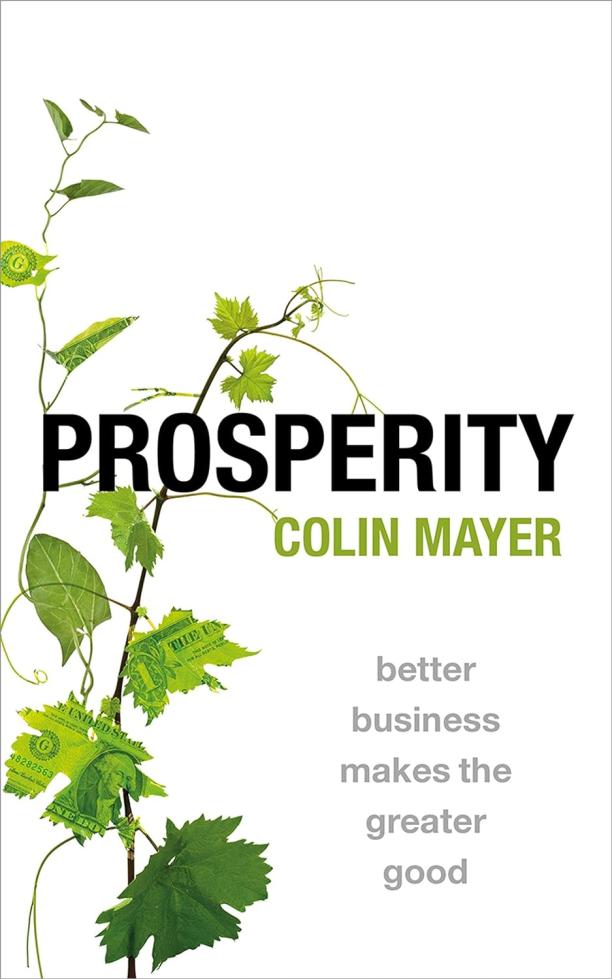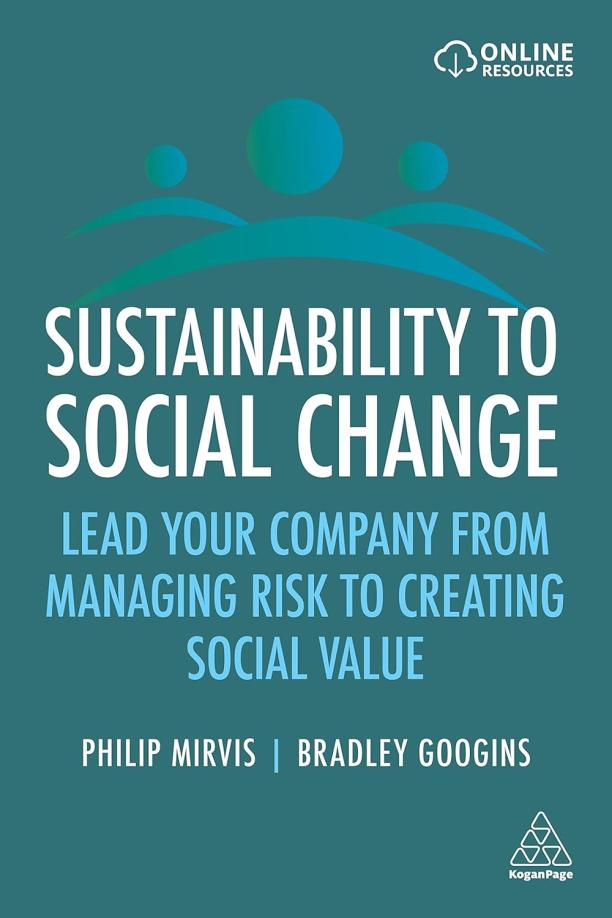Summary:
The book advocates for a global economic system that balances the interests of various stakeholders rather than prioritizing shareholders alone, emphasizing the need for cooperation among businesses, governments, and civil society to address challenges like inequality and climate change. It outlines a framework for integrating environmental, social, and governance (ESG) metrics into corporate strategies to create a more sustainable and inclusive economic future.
Key points:
1. Stakeholder Capitalism: Klaus Schwab defines it as a system where companies work for the benefit of all parties involved, including workers, customers, suppliers, communities, and the environment, focusing on long-term success.
Books similar to "Stakeholder Capitalism":

Tomorrow's Capitalist
Alan Murray

Moral Capitalism
Stephen Young

Conscious Capitalism, With a New Preface by the Authors
Rajendra Sisodia|Rajendra

Value Creation Principles
Bartley J. Madden

Trailblazer
Marc R. Benioff

Prosperity
Colin Mayer

The Value Mindset
Erik Stern|Mike Hutchinson

The Sustainability Edge
Suhas Apte|N. Sheth, Jagdish

Sustainability to Social Change
Philip Mirvis|Bradley Googins

Transient Caretakers
Mervyn King|Teodorina Lessidrenska
